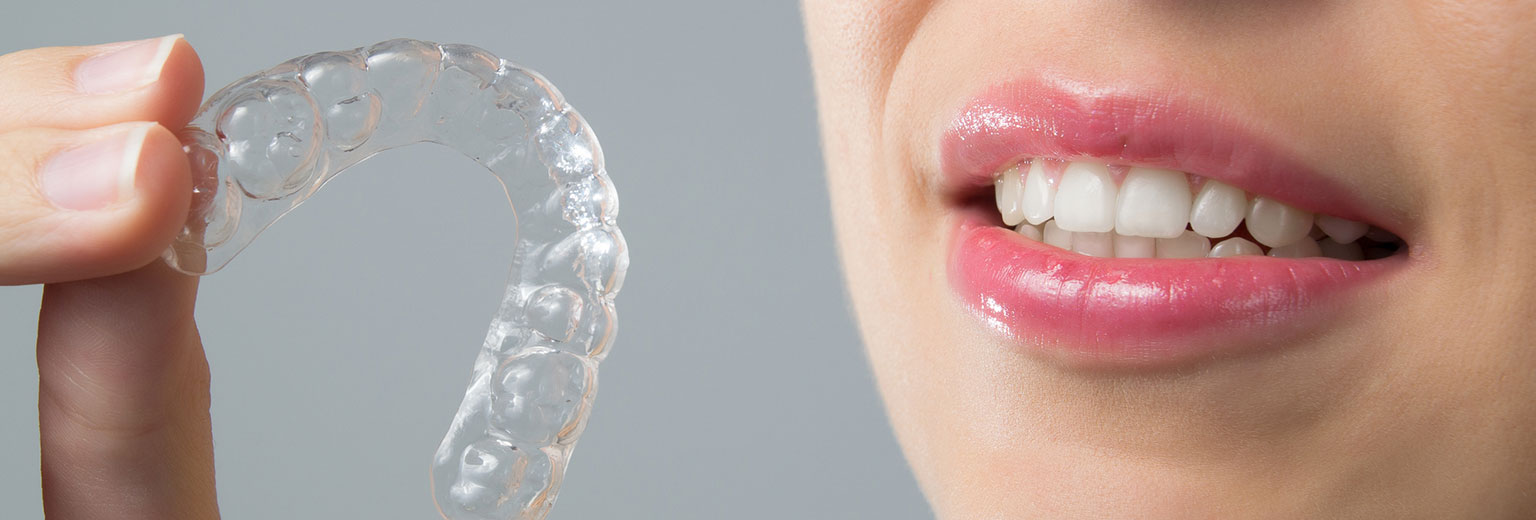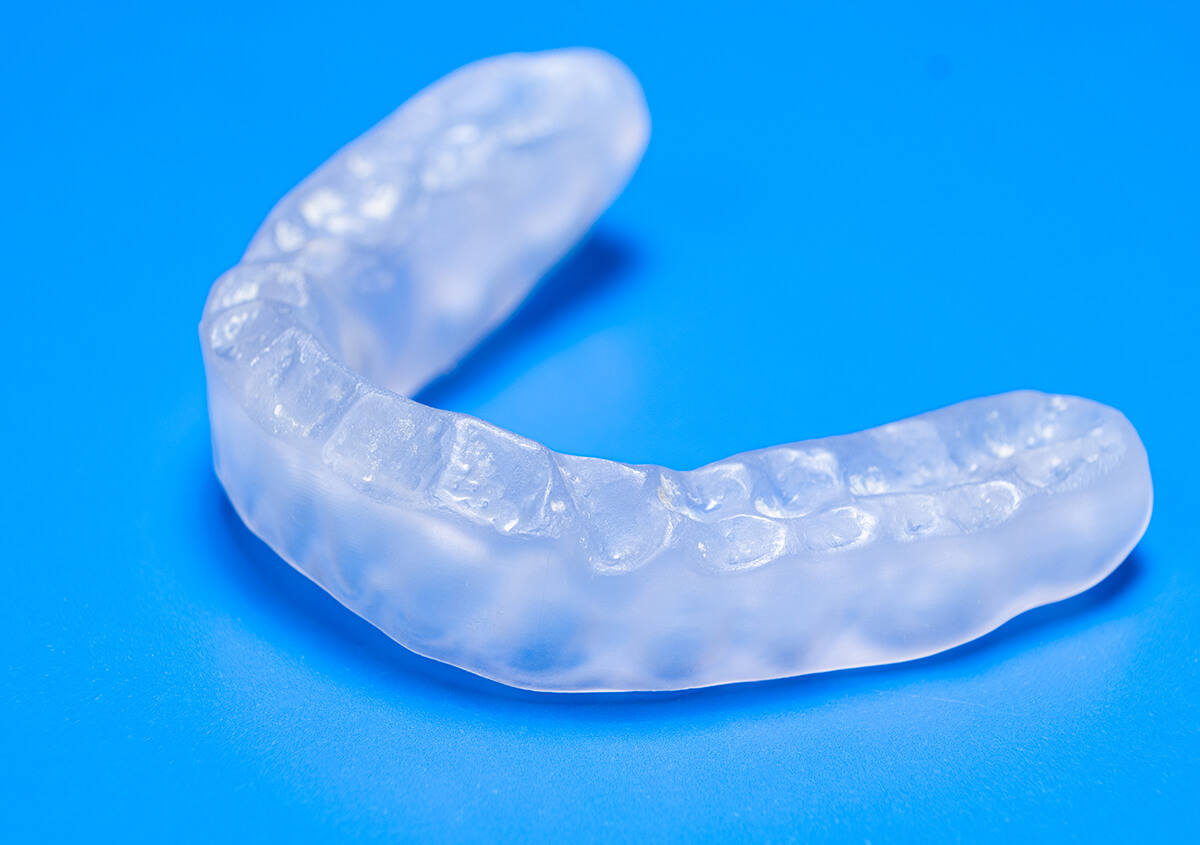Mouth Guards, Essential Protection for Your Teeth
Your teeth are a valuable commodity worthy of protection and care. Mouth guards play an important role in protecting your teeth against accidents when engaging in sports or other vigorous activities. A blow to your mouth playing soccer or a bad fall from your bike can easily result in chipped, fractured, or broken teeth. Mouth guards help cushion your teeth to protect them from harm. At A Brush Above Family Dentistry, Chicago, Illinois, we can customize mouthguards for your use.
Types of Mouth Guards
Anyone who participates in activities that put them at risk of dental trauma can benefit from the protection that mouthguards can provide. Sports mouth guards are special coverings worn over your teeth to protect your teeth, gums, and lips from cuts, chips, fractures, or other damage that can occur on the sports field. There are three types of sports mouthguards:
• Stock
• Boil and bite
• Customized mouth guards
The first two are more generic in nature and offer some measure of protection for your teeth. For optimal long-term protection, Dr. Marcella Guzman recommends having mouthguards customized for your use. This can be done by taking impressions of your teeth and fabricating mouth guards that conform to the shape and size of your mouth. A custom mouth guard will fit perfectly over your teeth to give you the full protection you need.
When to Wear a Mouth Guard
We recommend wearing a mouthguard whenever you go out on the sports field. It’s also a good idea to wear a mouth guard when bike riding, rollerblading, skateboarding, participating in gymnastics, or other vigorous activities that put your teeth at risk. It only takes one accident to destroy your smile. Protecting your teeth with a mouth guard can spare you the time and expense of costly dental treatments to repair damaged teeth later down the line.
Learn more about mouthguards and how they can benefit you at A Brush Above Family Dentistry, Chicago, Illinois. To have mouthguards customized for your use, contact Dr. Marcella Guzman at (773) 840-0378


